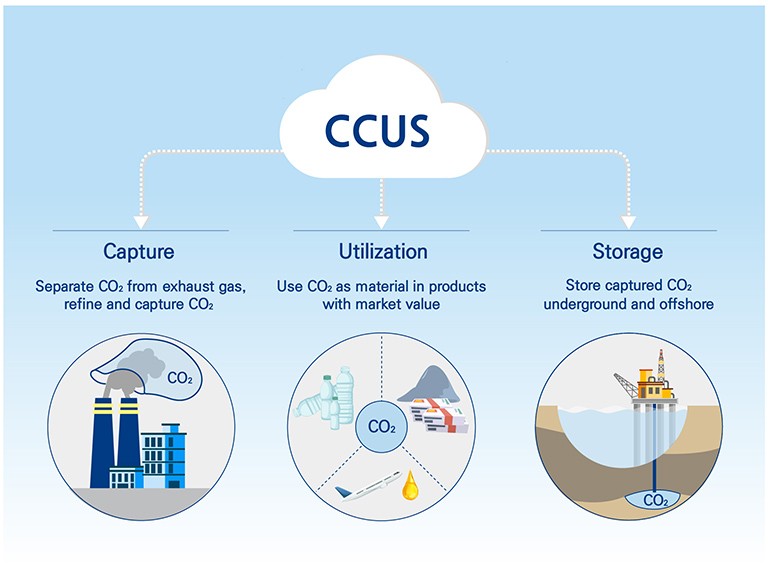Unlocking the Potential: Why Everyone is Talking About Hydrogen
Hydrogen, the lightest and most abundant element in the universe, has emerged as a hot topic in the energy industry. Amid growing concerns over climate change, hydrogen is gaining attention as a versatile and sustainable energy carrier. It has the potential to decarbonize various sectors and enable a transition to a greener, more sustainable energy future. In this blog, we explore why hydrogen has captured the attention of industry experts, policymakers, and environmental advocates alike.
Versatility
One of the primary reasons behind the hydrogen buzz is its versatility. Hydrogen can be produced from a wide range of sources, including natural gas, biomass, and renewable energy through processes like electrolysis. As an energy carrier, it can be stored, transported, and used for various applications.
When used in fuel cells, hydrogen combines with oxygen to produce electricity, emitting only water vapor as a byproduct. This clean emission profile positions hydrogen as an attractive alternative to conventional fossil fuels in power generation, transportation, and industrial processes.
Decarbonizing Industry and Transportation
The industry and transportation sectors, which account for a significant portion of global greenhouse gas emissions, are ripe for decarbonization. Hydrogen can play a crucial role in achieving this goal. By substituting hydrogen for fossil fuels in various industrial processes, such as refining, chemical production, and steelmaking, emissions can be significantly reduced or eliminated altogether.
Moreover, hydrogen fuel cells offer a promising solution for decarbonizing transportation. Fuel cell electric vehicles (FCEVs) powered by hydrogen emit zero harmful emissions and offer a similar driving experience to traditional internal combustion engine vehicles, without relying on finite oil resources.
Energy Storage and Grid Balancing
As renewable energy sources like wind and solar become increasingly integrated into the grid, their intermittent nature poses challenges for grid stability and balancing supply and demand. Hydrogen can act as a form of energy storage, allowing excess renewable energy to be converted into hydrogen through electrolysis. The stored hydrogen can then be utilized during periods of high demand or when renewable energy production is low. This capability of hydrogen as a renewable energy storage solution offers a pathway to a more stable and reliable energy system.
International Collaboration and Investments
There is a global momentum towards hydrogen adoption, resulting in collaborations and significant investments by governments, industries, and research organizations. Many countries have developed national hydrogen strategies, setting ambitious targets for hydrogen production, infrastructure development, and market deployment. These collective efforts are driving technological advancements, reducing costs, and creating a conducive ecosystem for hydrogen's widespread adoption.
Green Hydrogen and Sustainable Future
The concept of "green hydrogen" has gained prominence in recent discussions. Green hydrogen refers to hydrogen produced through the electrolysis of water using renewable energy sources. By utilizing renewable energy in the production process, green hydrogen minimizes greenhouse gas emissions throughout its lifecycle.
Promoting the production and use of green hydrogen is a crucial step towards achieving a sustainable future. It aligns with global climate goals and reduces dependence on fossil fuels, making it a preferred option for a decarbonized energy system.
Why does this all matter?
The growing buzz surrounding hydrogen in the energy industry is not without reason. Hydrogen's versatility, potential for decarbonization, energy storage capabilities, and international momentum have positioned it as a key player in the transition to a cleaner and more sustainable energy future. As research and development progress, along with advancements in hydrogen production, storage, and utilization technologies, we can harness the full potential of hydrogen and unlock its benefits across diverse sectors. Collaborative efforts and continued investment in hydrogen infrastructure will be vital in realizing hydrogen's promise and creating a greener, more resilient energy system for generations to come.



